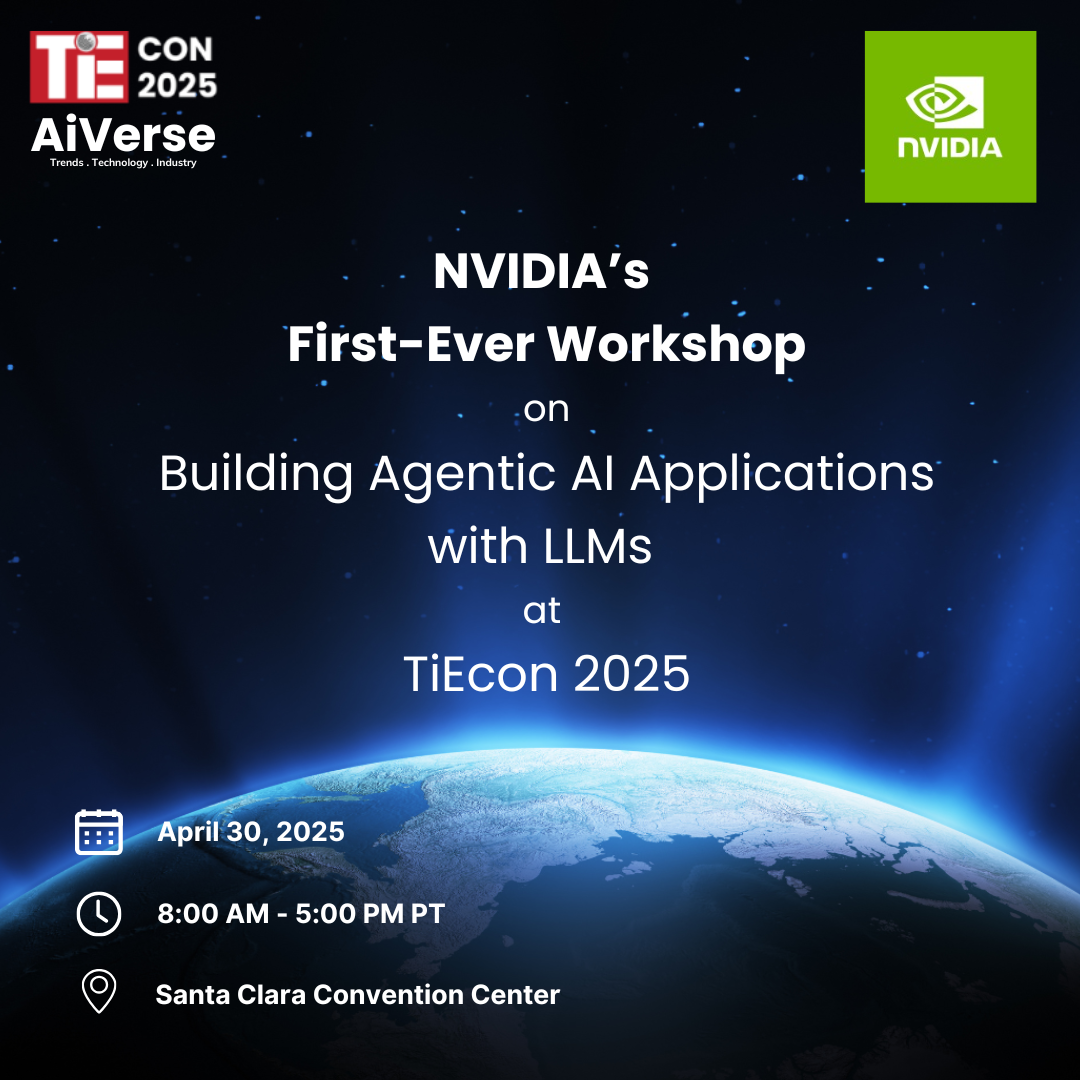
About this Course
This will be the first time Nvidia’s Deep Learning Institute (DLI) is offering this class in a public setup. The bar for what AI-powered agents can do has been steadily rising over the past few years, and new innovations allow them to not only engage in conversations but also utilize tools, conduct research, and execute on complex objectives at scale. This course empowers you to develop sophisticated agent systems that can execute on deep thought, research, software calling, and distributed operation. Throughout the course, you’ll gain hands-on experience in designing agents that efficiently retrieve and refine information, intelligently route queries, and execute tasks concurrently using orchestration tools like LangGraph and sound software engineering practices. By the end of the course, you will have a solid foundation in agent architectures and will be able to construct interesting agent-like integrations to complement your existing workflows and software stacks.
Course Details
Duration: 8 hours
Level: Technical – Intermediate
Course Prerequisites:
- Introductory deep learning knowledge (including attention mechanisms and transformers). Experience from DLI’s Getting Started with Deep Learning or Fundamentals of Deep Learning is preferred.
- Intermediate Python proficiency (including object-oriented programming and familiarity with ML libraries). Tutorials like Python Tutorial (w3schools.com) or equivalent practical experience suffice.
Tools, libraries, frameworks used: Python, PyTorch, HuggingFace, Transformers, LangChain, and LangGraph.
Note: We cannot accept refund or cancellation requests for this workshop. Seats are limited and all prerequisites MUST be met, so please plan accordingly.


Learning Objectives
By participating in this course, you will:
- Understand the strengths and limitations of LLMs, and why agent-based paradigms help us to empower them in our modern software landscape.
- Learn to produce structured outputs to enable machine-parseable function calls or API integrations.
- Explore retrieval mechanisms and knowledge graphs for domain knowledge.
- Experiment with multi-agent orchestration using frameworks like LangGraph.
- Implement resilient systems and data flywheels for production-oriented deployments.
Topics Covered
We start with basic LLM usage and agent fundamentals, covering structured outputs, retrieval, and knowledge graphs. We then move to multi-agent concurrency, data flywheels, real-time constraints, and scaling considerations—finishing with a final assessment that has you interfacing with a scalable multi-tenant agent API.
Course Outline
1. Fundamentals of Agent Abstraction and LLMs
2. Structured Output & Basic Fulfillment Mechanisms
3. Retrieval Mechanisms & Environmental Tooling
4. Knowledge Graphs & Document Graphs
5. Multi-Agent Systems & Frameworks
6. Data Flywheels & System Hardening
7. Scaling & Productionalization
8. Final Assessment
9.1. [Optional] Real-Time Agents
9.2. [Optional] Responsible Agents





